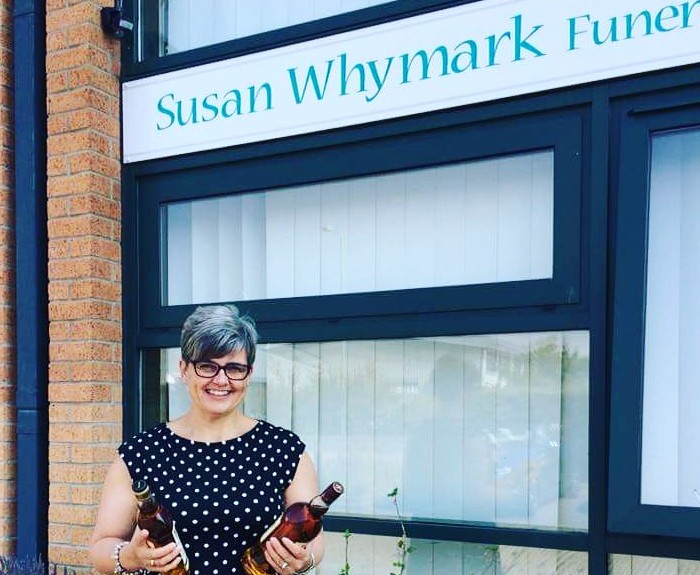Suffolk Funeral Director Says Work Is “Not as Miserable” as People Think
A Suffolk funeral director has challenged the usual view of her profession, saying the reality of working in a funeral home is far more rewarding than many expect.
Susan Whymark, who runs her independent funeral service in Eye, first felt drawn to the role at the age of 19. The moment came while arranging her grandmother’s funeral with her mother and grandfather.
“I went to arrange [my grandmother’s] funeral with my mother and my grandfather, and just something clicked,” she said. “It was something I wanted to do. I don’t know why. I guess it was like a lightbulb moment.”
Whymark went on to work in the sector before launching her own business in 2004 with her mother by her side. Unlike many in the industry, she did not inherit the trade but built it entirely from scratch.
Her mother, who had worked as a palliative care nurse, brought valuable experience in supporting families through loss.
“I really do enjoy my job, which probably sounds odd because of what I do, but it’s so rewarding,” she explained. “You just want to help people; you want to make people feel better in that situation.”
She believes her role is about more than simply arranging services. It is about easing grief and guiding families at a time when emotions run high.
“You don’t want to see people upset and sad. You know they are and you can’t change that, but what you can do is help them through the process as easily as you can and make them feel better. That’s all we can do.”
Two decades on, Whymark is now looking to expand her Suffolk funeral team. She hopes to recruit part-time pallbearers, a role she describes as suited to anyone who values teamwork and quiet professionalism.
“They have to understand that one size doesn’t fit all. You have to be calm, quiet, speak when spoken to, really,” she said. “You are there for them; you’re at a service for them. It’s whatever you need to be around that particular person or family.”
For Susan Whymark, being a funeral director is less about dwelling on sorrow and more about offering comfort. Her work, she says, is proof that funeral homes are not places of unrelenting gloom but spaces where compassion and light can often be found.






